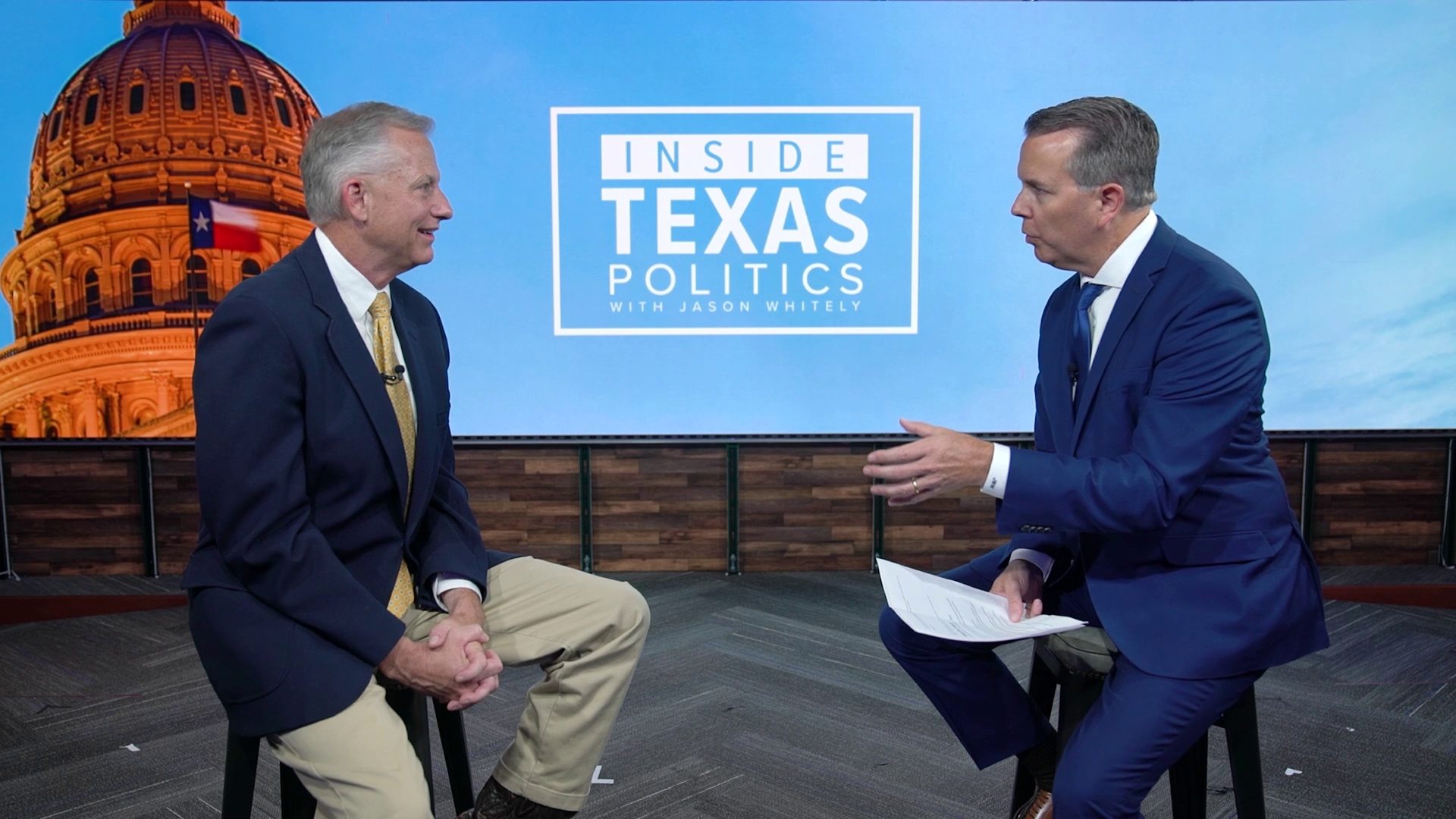DALLAS — They are known as "double haters" -- voters who dislike both President Joe Biden and former President Donald Trump.
And recent polling says they make up around 20% of all eligible voters, making them a significant voting bloc.
But if so many Americans are looking for something different, why hasn’t the Libertarian Party scooped up more of them?
Libertarian Vice Presidential candidate Mike ter Maat says old habits die hard and he expects more interest following the first Presidential debate.
“I think a lot of people will be looking to the Libertarian Party as not just a third party, but the third party,” he told us this week on Inside Texas Politics. “And I think that they’ll notice that our values align better with theirs than the Republicans and Democrats do.”
If you visit the Libertarian Party website, you’ll find the party’s statement of principles, which include everything from parental rights to marketplace freedom to national defense.
And on ter Matt’s personal website, he lists eight issues on his platform ranging from “the Gold New Deal,” which advocates for a decentralized federal government, to bringing all American troops home and stopping foreign aid to medical freedom, including no mask or vaccine mandates.
We asked the Libertarian VP candidate how he would sum it all up for unfamiliar voters.
"It’s, initially, to take power and to leave you the heck alone," ter Matt explained. "That’s the basic idea is that we encourage Americans to live your life, control your own property, chart your destiny and have a government that leaves you completely alone."
The big question, though, is whether the Libertarian Party would draw more votes from Democrats or Republicans, when the margin of victory could be slim.
Mike ter Maat says it all depends on the community.
He says the party will do well in some Republican areas because they’re fiscally conservative, while stealing some Democratic votes because of their stance on First Amendment rights and the right to live your own life by your own standards.
"So, it’s going to be hit and miss," ter Maat said. "But it’s typically a third, a third, a third. Disaffected Republicans, disaffected Democrats and Independents who will be brought into this system for the first time because they see a sense of optimism that you won’t get from the other parties."

